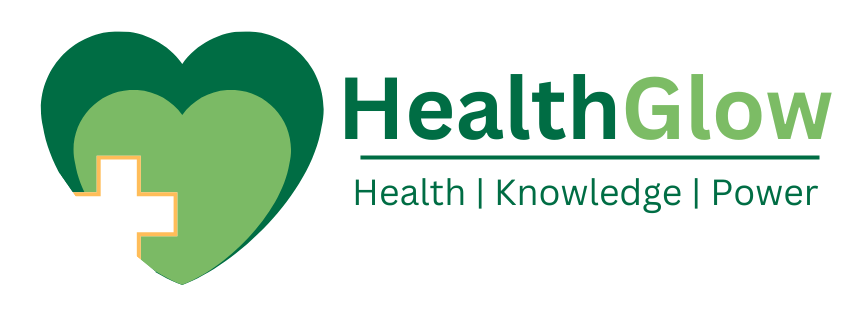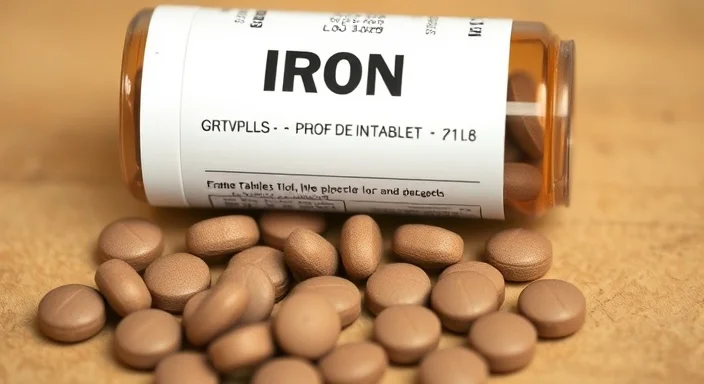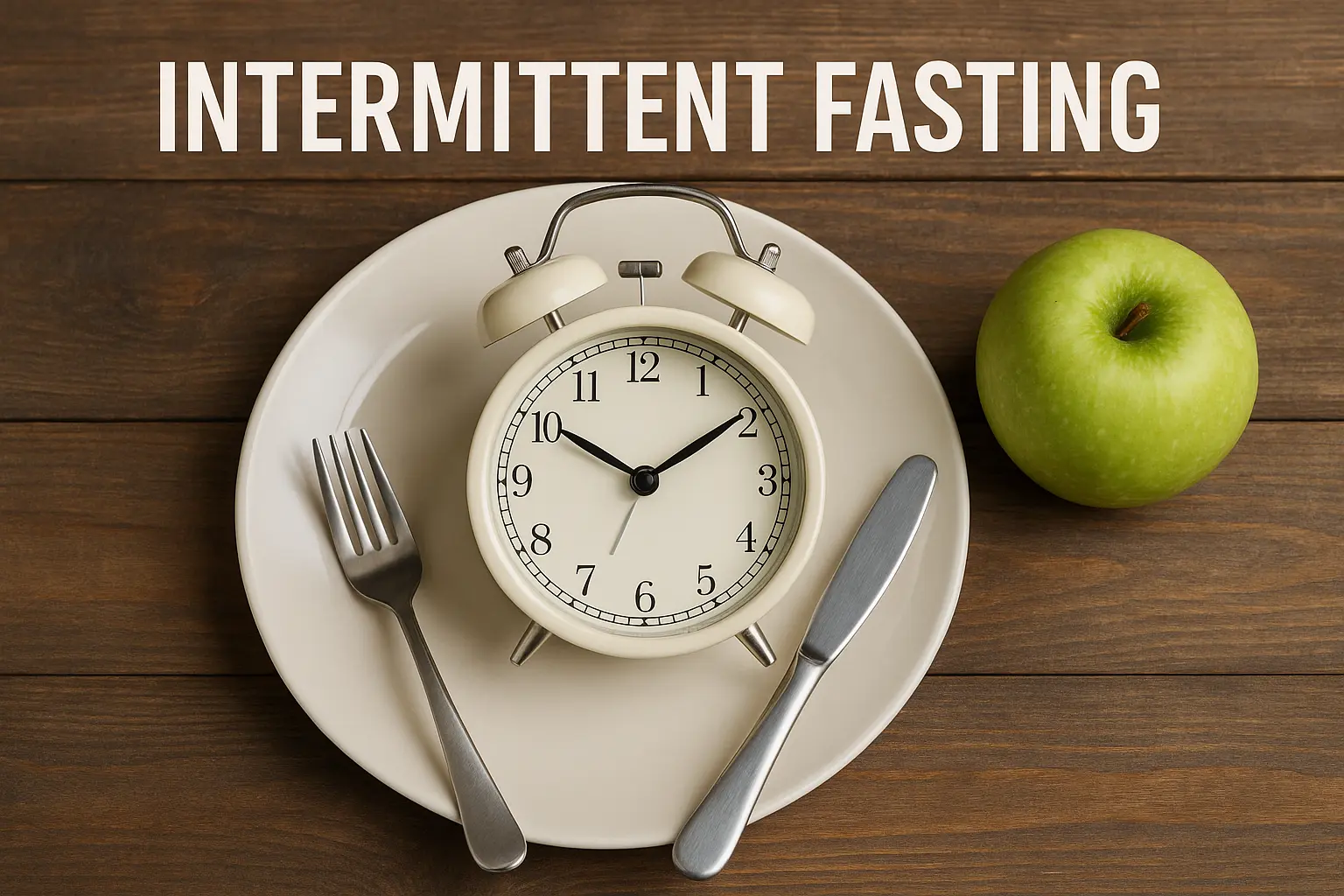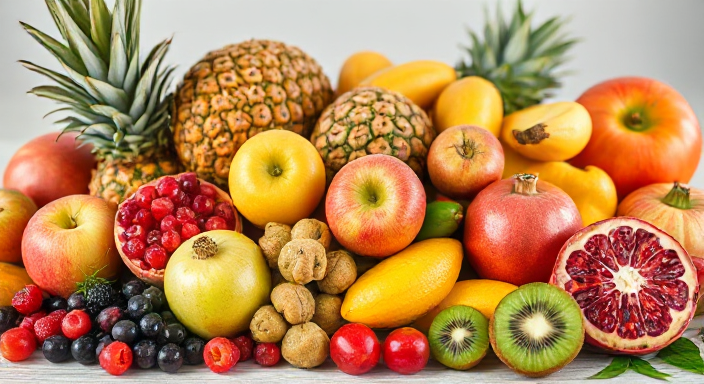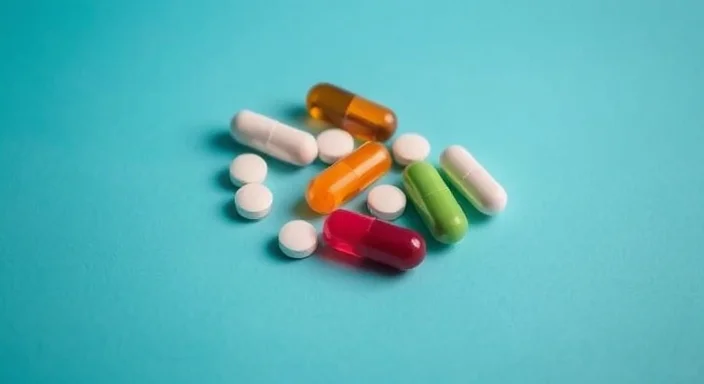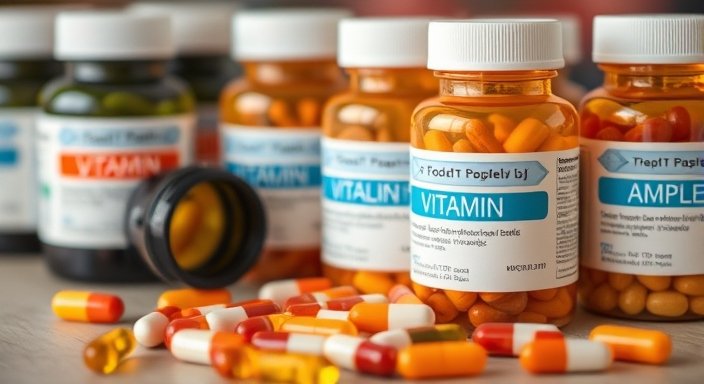Iron is a mineral that often gets overlooked in conversations about health, but its importance cannot be overstated. From supporting your energy levels to aiding brain function, iron plays a vital role in keeping your body strong and healthy. In this article, we’ll explore five critical facts about iron and why it’s essential for your well-being.
1. Iron Helps Transport Oxygen Throughout the Body
One of iron’s primary functions is to assist in the production of hemoglobin, a protein found in red blood cells. Hemoglobin binds with oxygen in your lungs and transports it to every organ and tissue in your body. Without enough iron, your body can’t produce sufficient hemoglobin, leading to a condition known as anemia. This can leave your cells starved for oxygen, impairing their ability to function properly.
2. Iron Fights Fatigue
Feeling constantly tired or weak, even with adequate sleep? Iron deficiency might be the culprit. When your body lacks iron, it struggles to produce enough hemoglobin, reducing the oxygen supply to your muscles and tissues. This can lead to persistent fatigue, decreased productivity, and difficulty performing everyday tasks. Ensuring sufficient iron levels can help you stay energized and maintain an active lifestyle.
3. Iron Supports Brain Function
Your brain depends on oxygen to function effectively, and iron is the key to getting that oxygen where it’s needed. Researches have shown that iron deficiency can negatively impact cognitive abilities like memory, concentration, and learning. A lack of iron can impair development in children, while in adults, it may contribute to brain fog and difficulty focusing. Maintaining adequate iron levels is essential for mental clarity and sharp thinking.
4. Iron is Vital During Pregnancy
Pregnancy significantly increases the body’s demand for iron. This is because the blood volume in a pregnant person’s body expands to support the growing baby, requiring additional hemoglobin production. Iron also plays a critical role in the baby’s development, particularly for the brain and nervous system. Without enough iron, both the parent and baby are at risk of complications like preterm birth and low birth weight. That’s why iron supplements and iron-rich diets are often recommended during pregnancy.
5. Iron Deficiency is a Global Issue
Iron deficiency is the most common nutritional disorder in the world, affecting millions of people—especially women, children, and those following plant-based diets. Symptoms of iron deficiency anemia include extreme tiredness, pale skin, shortness of breath, and dizziness. Fortunately, it is preventable and treatable through dietary changes and supplements.
Boosting Your Iron Intake
To prevent or address iron deficiency, it’s important to include iron-rich foods in your diet. There are two types of dietary iron:
- Heme Iron: Found in animal products like red meat, poultry, and fish, this type is more easily absorbed by the body.
- Non-Heme Iron: Found in plant-based foods like beans, lentils, tofu, spinach, and fortified cereals.
Since non-heme iron is not as easily absorbed, pairing it with vitamin C-rich foods—such as citrus fruits, bell peppers, or tomatoes—can significantly enhance absorption.
Key Takeaway
Iron is an essential nutrient that impacts nearly every aspect of your health, from energy levels to brain function and overall well-being. If you’re experiencing symptoms like fatigue or difficulty concentrating, consider speaking with a healthcare professional to check your iron levels. With a balanced diet and the right strategies, you can ensure you’re getting the iron you need to stay strong, healthy, and energized.
Take charge of your health today and make iron a priority in your diet!
Sources
- Centers for Disease Control and Prevention (CDC) – Iron and Nutrition. https://www.cdc.gov/nutrition/micronutrient-malnutrition/iron.html
- World Health Organization (WHO) – Iron Deficiency Anaemia. https://www.who.int/health-topics/anaemia#tab=tab_1
- National Institutes of Health (NIH) – Iron: Fact Sheet for Consumers. https://ods.od.nih.gov/factsheets/Iron-Consumer/
- Mayo Clinic – Iron Deficiency Anemia. https://www.mayoclinic.org/diseases-conditions/iron-deficiency-anemia/symptoms-causes/syc-20355034
- Harvard T.H. Chan School of Public Health – Iron. https://www.hsph.harvard.edu/nutritionsource/iron/
